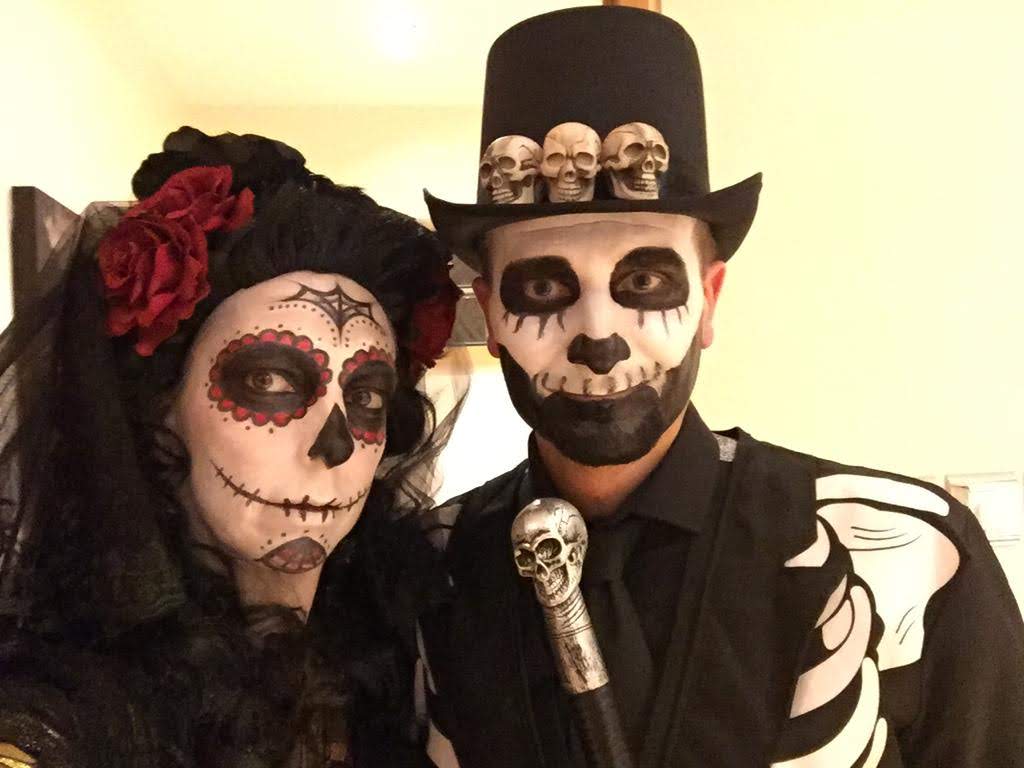“It’s Taken 21 Years To See Kurt Cobain From The Feminine Perspective”
Before the film was shown at Sundance in January, director Brett Morgen dedicated it to Kurt’s mother, Wendy O’Connor; his sister, Kim Cobain; and to his daughter, Frances Bean. Three women we’ve barely heard from regarding their loss, even though they’ve been forced to grieve publicly for 21 years. They wanted the world to finally see the real Kurt; to dismantle the myth created after his death from a collage of two decades of documentaries, interviews and opinions – largely from a male perspective.
From Charles Cross’ detailed but flawed biography Heavier Than Heaven and Michael Azerrad’s collection of interviews with Cobain, Come As You Are, to Gus van Sant’s ridiculous fictionalised film Last Days, which speculated on Cobain’s final movements, and Nick Broomfield’s 1998 documentary Kurt & Courtney (a film that claimed Courtney Love was responsible for Kurt’s death causing her to receive death threats for years): this is always Kurt through the male gaze. Along with these views, our collective cultural understanding of him comes via hundreds of magazine features, written by a certain kind of middle-aged white music journalist invested in keeping the myth of Kurt as pained prophet alive, and the other male members of his band.
Cobain: Montage of Heck is different. It was Courtney Love who began this stripping away of myth. Back in 2007, she approached Morgen asking him to make a documentary and gave him full access. From here, artist Frances Bean, Kurt and Courtney’s 22-year-old daughter, got involved as executive producer. Her vision was key from the start. As Morgan told the Guardian of his first meeting with Frances: “Before I could get two words out of my mouth, Frances started telling me how the film should be, and it was the exact movie that I was about to pitch to her.” She then persuaded many people to contribute, including Kurt’s mother, father, and sister – none of whom had been interviewed on camera before. The pair enabled this project to be what it was.
The only male to interject context or narrative is Krist Novoselic of Nirvana, to provide a band angle – covering interesting, necessary but unsurprising ground for the narrative. The rare and insightful interviews that play a key part in the narrative are provided by the women of Kurt’s life. When we meet Don Cobain (Kurt’s father with whom he had a difficult relationship) and his wife Jenny (Kurt’s step-mother), Don says little. More is said in what he doesn’t say, in the watery-eyed silence, his hand grasping onto the armchair.
It’s this female and emotional input that provides deep, sensitive insight into his character we’ve never had before.
